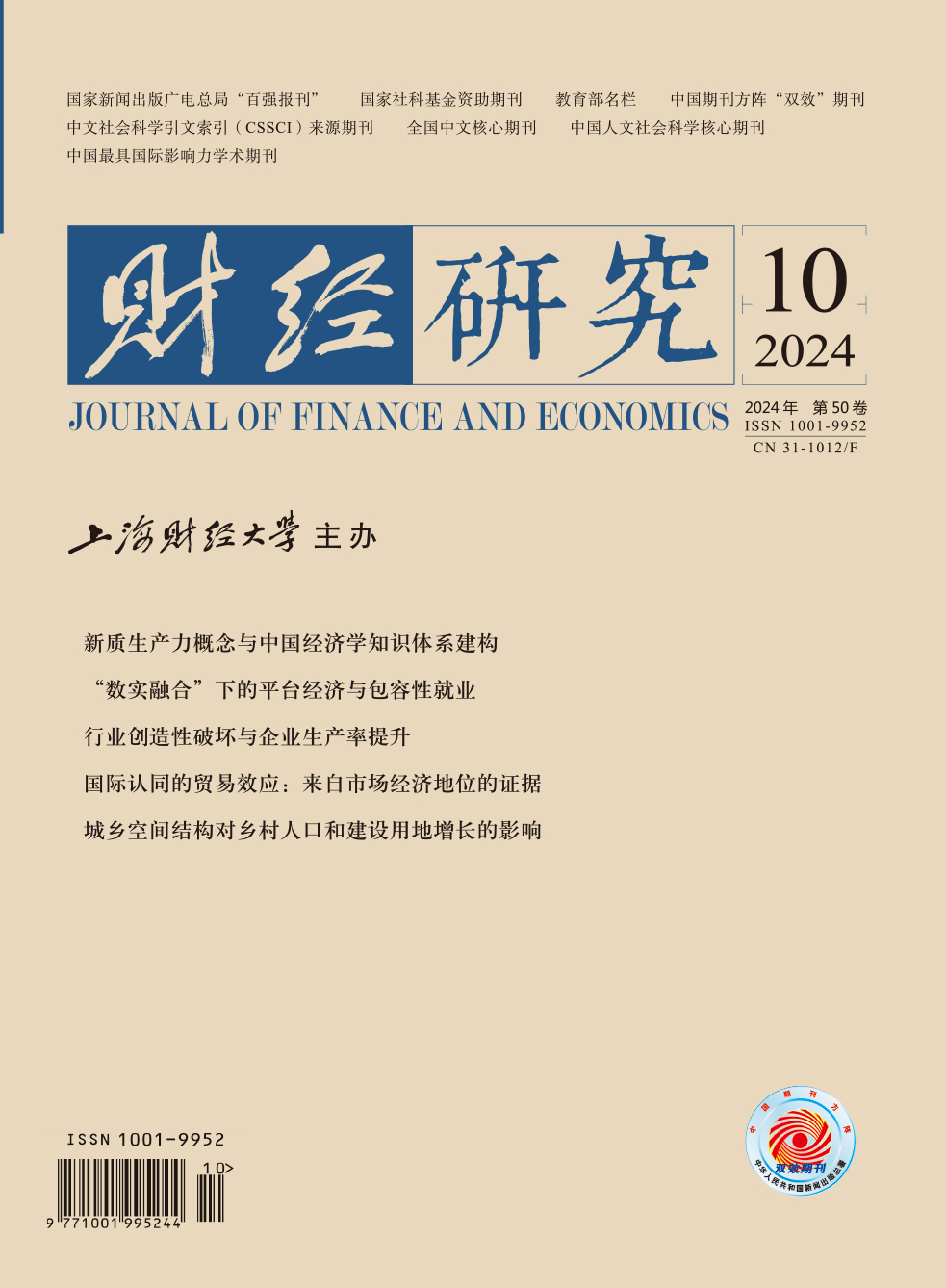The adjustment of administrative divisions plays a fundamental role in modernizing the state governance system and capacity. In recent years, China has implemented a series of reforms to adjust administrative divisions and expand the scale of local jurisdictions, and the township merger reform is the most extensive and intensive among them. Based on the township merger reform, this paper explores key factors of optimizing the scale of local jurisdictions and evaluates whether the reform has achieved the policy goals of improving governance efficiency and promoting economic and social development.
From the perspectives of government organization and operating costs, this paper constructs a theoretical framework for the optimal scale of local jurisdictions. It concludes that the scale of local jurisdictions is affected by key factors consisting of the internal communication costs between upper and lower levels of government, the knowledge acquisition level of government staff, the predictability of public policy implementation effect, the degree of economies of scale in providing public goods, as well as the heterogeneity of resident preferences. This theoretical work will not only contribute to the literature to a certain extent, but also provide general enlightenment for optimizing the scale of local jurisdictions.
Using data of township mergers through the period 1997-2014, this paper subsequently verifies the conclusions of the theoretical model through empirical analysis. The results confirm that areas with lower communication costs, a higher level of knowledge acquisition, higher predictability of public policy implementation effect, more urgent need for economies of scale of public goods, and lower heterogeneity of resident preferences, have gone through greater extent of township mergers. Furthermore, this paper explores the economic effect of township mergers. The results show that these mergers are conducive to improving local employment conditions and local administrative efficiency, saving fiscal expenditures, improving public services, and promoting local economic development. The enlightenment of this paper is to fully consider the high governance costs brought about by excessively large jurisdictions as well as the loss of economies of scale caused by excessively small jurisdictions, and to implement further reforms based on local economic and social conditions.





 1053
1053  666
666

